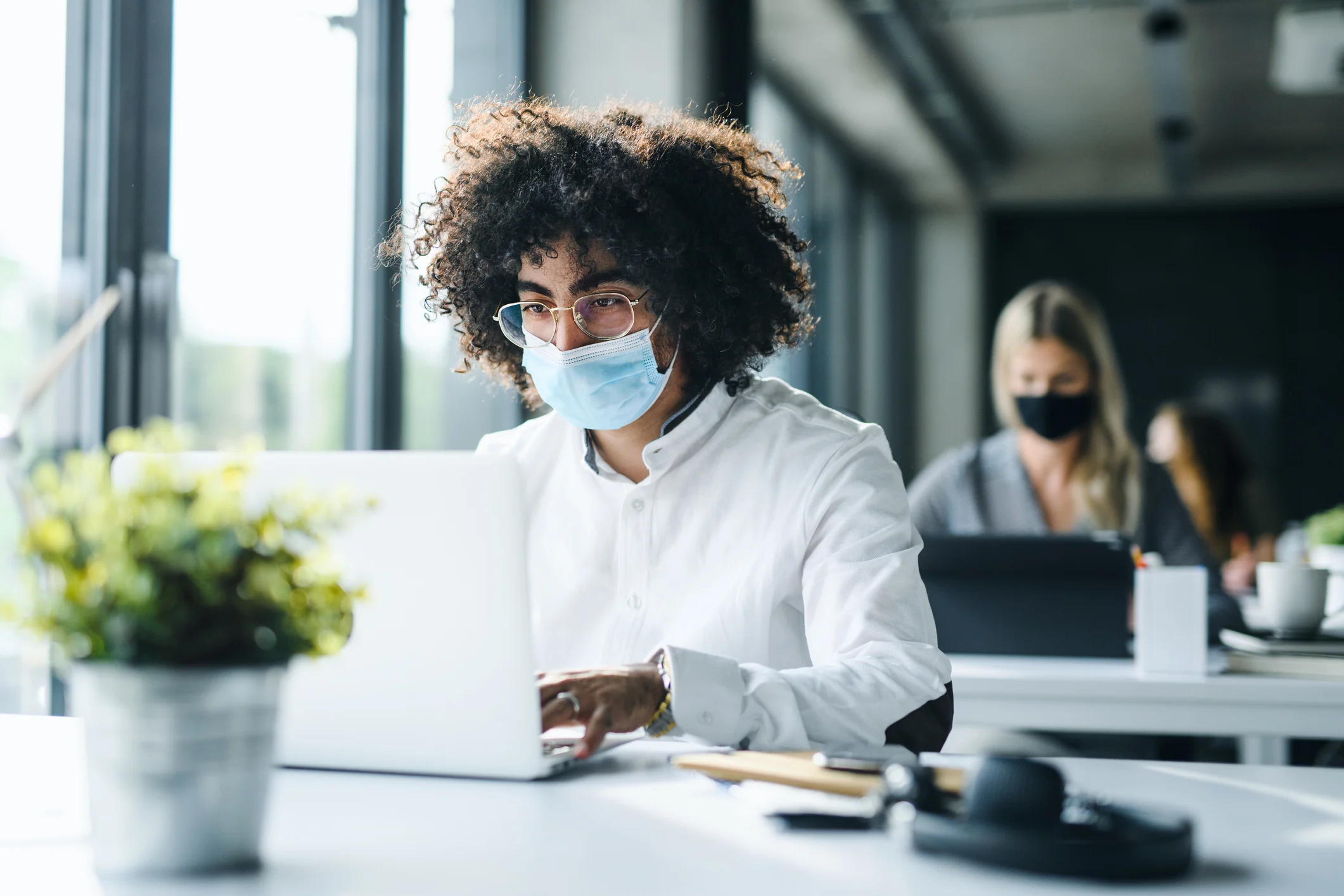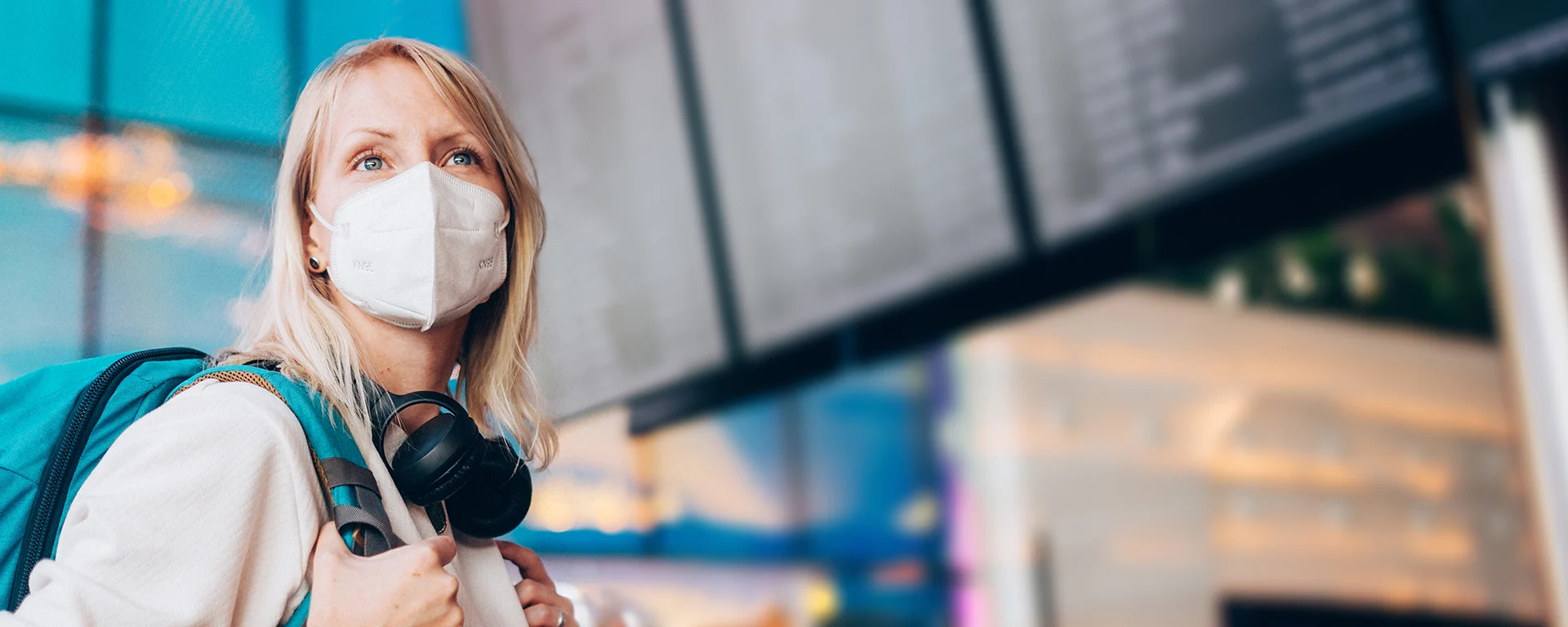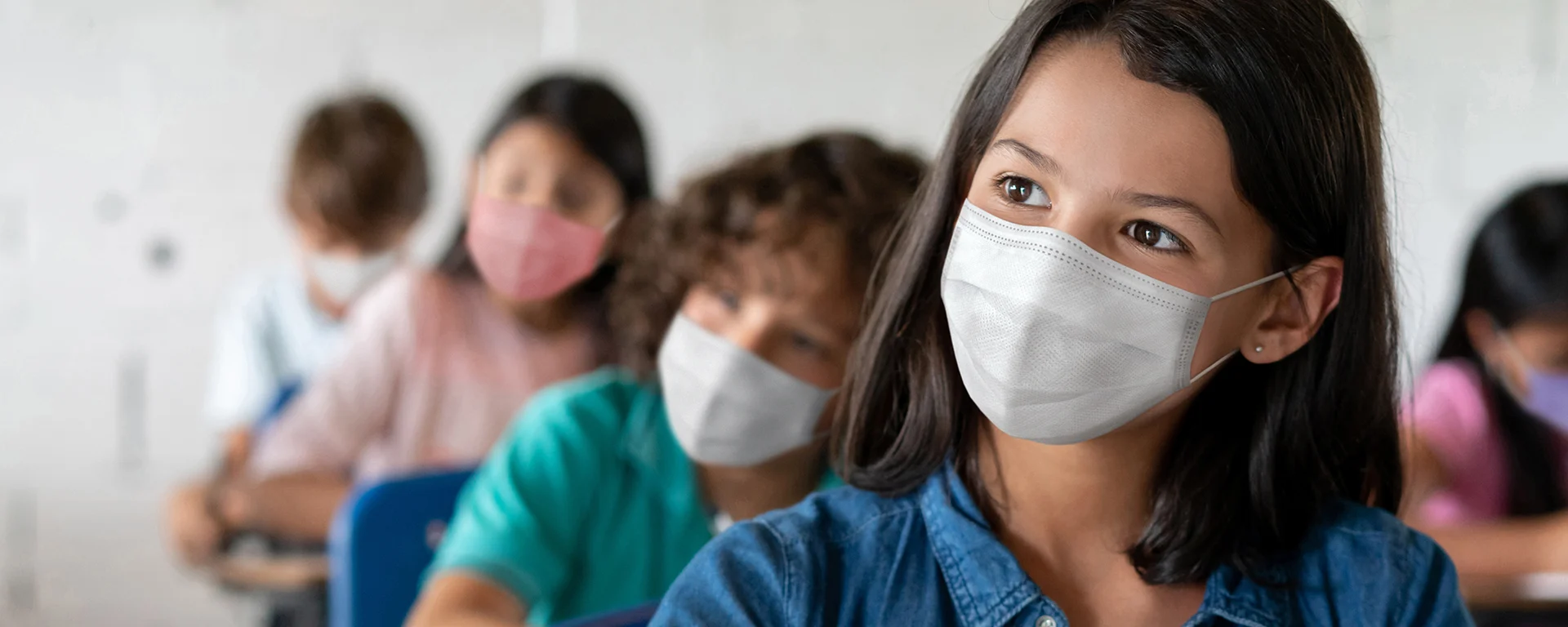Questions My Friends Ask | Part 1: Types of Tests
Some of the most common questions I’m asked are about the types of COVID-19 tests out there and where to find them.
February 2023: You can find a free testing site near you using the CDC’s No-Cost COVID-19 Testing locator. Tests at these sites may be rapid or PCR tests.
December 2022: Every household in the US can order four free rapid tests at covidtests.gov or by calling 1-800-232-0233 (TTY 1-888-720-7489).
August 2022: This post has been updated to reflect changes in CDC and FDA guidelines.
Since my friends know I spend my work days talking about COVID-19 testing, I get asked a lot of questions. I’m not a medical professional and I don’t claim to be an infectious-disease expert, but I do spend enough time in this space to feel comfortable pointing my friends in the direction of the most current guidance and information on the subject. In this series, I’ll walk you through the answers to some of the most common questions I’ve received. Let’s start with the basics:
What types of tests are there?
To be honest, I’m not sure I’ve ever been asked this specific question, but a lot of what I am asked boils down to this.
The two types of tests you are most likely to encounter are PCR (also known as molecular), and antigen tests (also known as rapid tests, which include “lateral flow assays”). Most home tests are antigen tests, but a few home PCR tests do exist. Labs, clinics, and test centers may offer both PCR and antigen tests. The main differences between the two types of test are what they look for to determine a positive result, how sensitive they are, and how fast they deliver results.
PCR
Looks for genetic material from the virus.
The most sensitive type of test. That means it’ll give a positive result even if the sample has only a tiny amount of viral genetic material in it.
Most commonly done in a lab, which takes longer.
Antigen
Looks for viral proteins.
Not as sensitive as PCR, but will turn positive if you’re carrying a lot of virus.
Includes most home tests, which deliver results in minutes.
If you have COVID-19 symptoms, works best if you take two tests, 48 hours apart.
If you don’t have symptoms, works best if you take three tests, with 48 hours between tests.
When you take a test, you should be clear about which type you’re taking. Just knowing who gave the test, how long the results will take to get back, or where the swab was placed doesn’t tell you the type of test you received.
When my friends and family don’t have that clarity, I get questions like these….
I went to my doctor (or a testing clinic) and I was told I have to wait for the results. That means I got a PCR test, right?
Not necessarily. While rapid antigen tests CAN be done at home, and they CAN produce results quickly, that doesn’t mean that your doctor or a local test site is not also using antigen tests. It may take a long time because they have a lot of people to test, track, and communicate with.
The documents from your appointment may show the type of test you received. Even if they don’t, your test results will.
The swab went way up my nose. So I must have gotten a PCR test, right? (Or, it was a saliva test, so it must be antigen, right?)
No matter how many times I tell her it isn’t true, my mom is still absolutely certain that you can tell what type of test you received by where they put the swab. But that’s simply not the case. While home antigen tests use a lower nasal swab, some antigen tests done at doctors’ offices require a deeper sample. And while tests with nasal samples are the most common, there are both PCR and antigen tests that use saliva samples.
Where can I get a PCR test?
It’s usually the moment they decide they need one that I get a panicky text or phone call with this question, whether it’s before a flight tomorrow or because their throat has a tickle.
Most doctor’s offices, pharmacies, and mobile testing clinics offer PCR tests (but many also offer antigen tests — and some, only antigen — so confirm what you’re getting!). Many of these tests are also free with insurance. If you need quick results, you may need to look for a test site that offers this service at a premium. You can also purchase at-home kits that will walk you through swabbing yourself and mailing away the sample to a lab.
If you need to find a low- or no-cost test, you can use this national search resource to find a community-based testing site. Make sure that any test you schedule online is a PCR test, since a number of clinics also offer antigen tests.
Where can I find a rapid antigen test?
In early 2022, these were hard to come by, but not anymore. They’re widely available at your local pharmacy or big-box store, as well as through online retailers. If you have commercial health insurance, hang on to your receipts: you can get reimbursed for up to eight tests per person per month (check with your provider for details). People on Medicare, military beneficiaries, and others have similar options. I recommend grabbing a few extra and keeping them at home or at the office in case the need arises.
There are so many questions and so little time! Next time, we will get around to answering “Which test is best?” for different scenarios. Did I answer any of your questions here today? Share any other questions you have by contacting me at knoble@whentotest.org, and I’ll try to answer them in a future installment.






